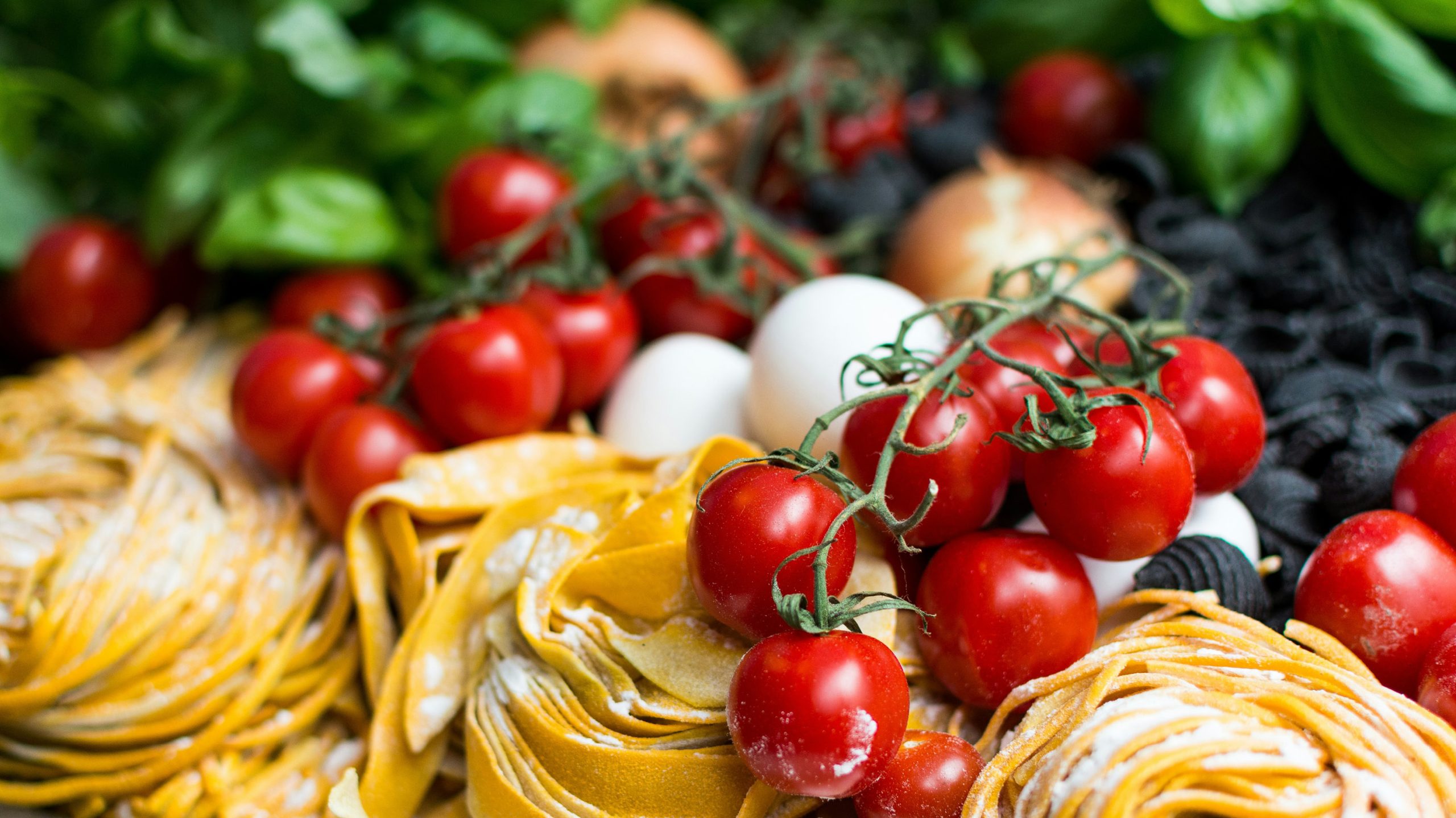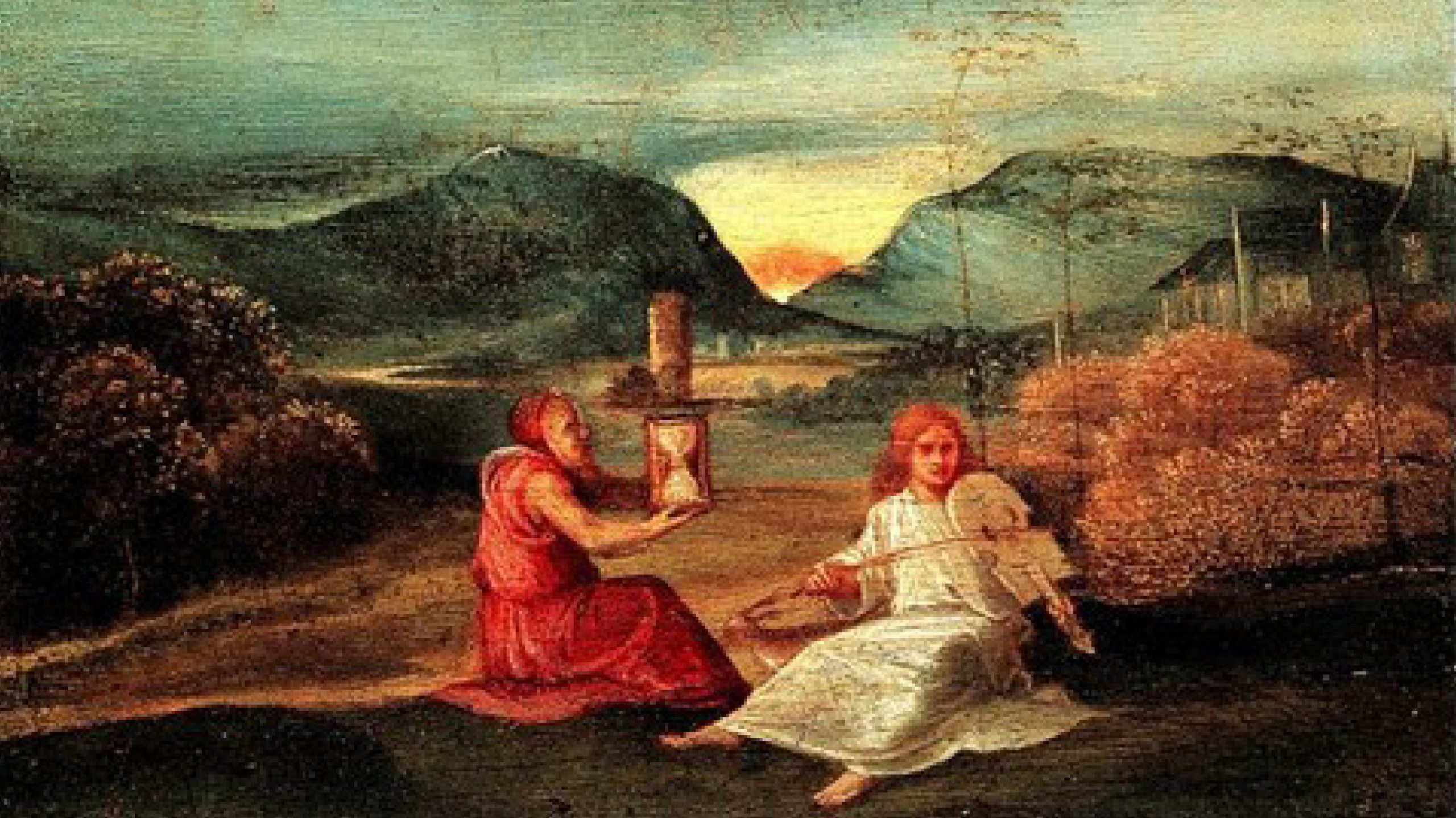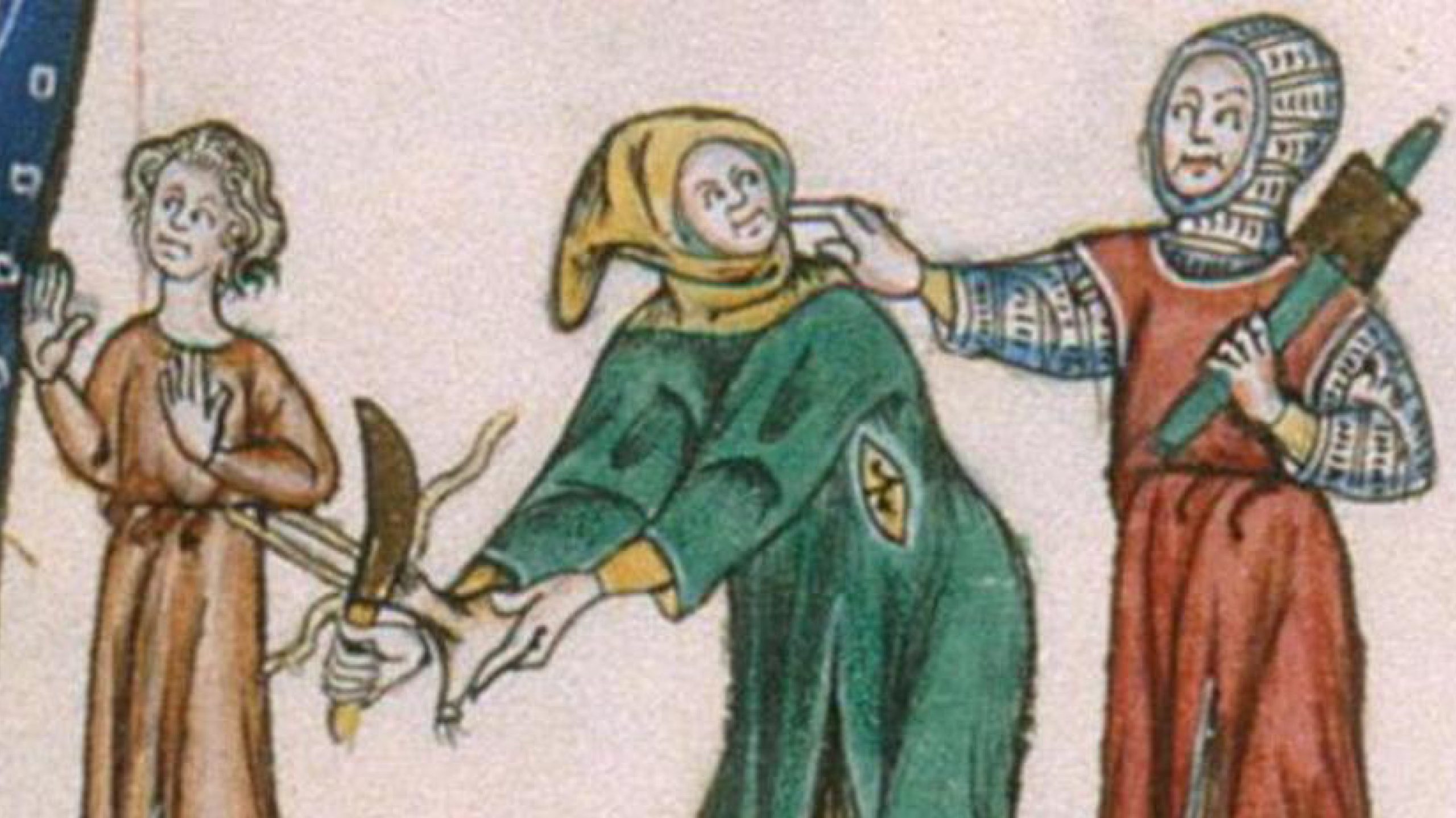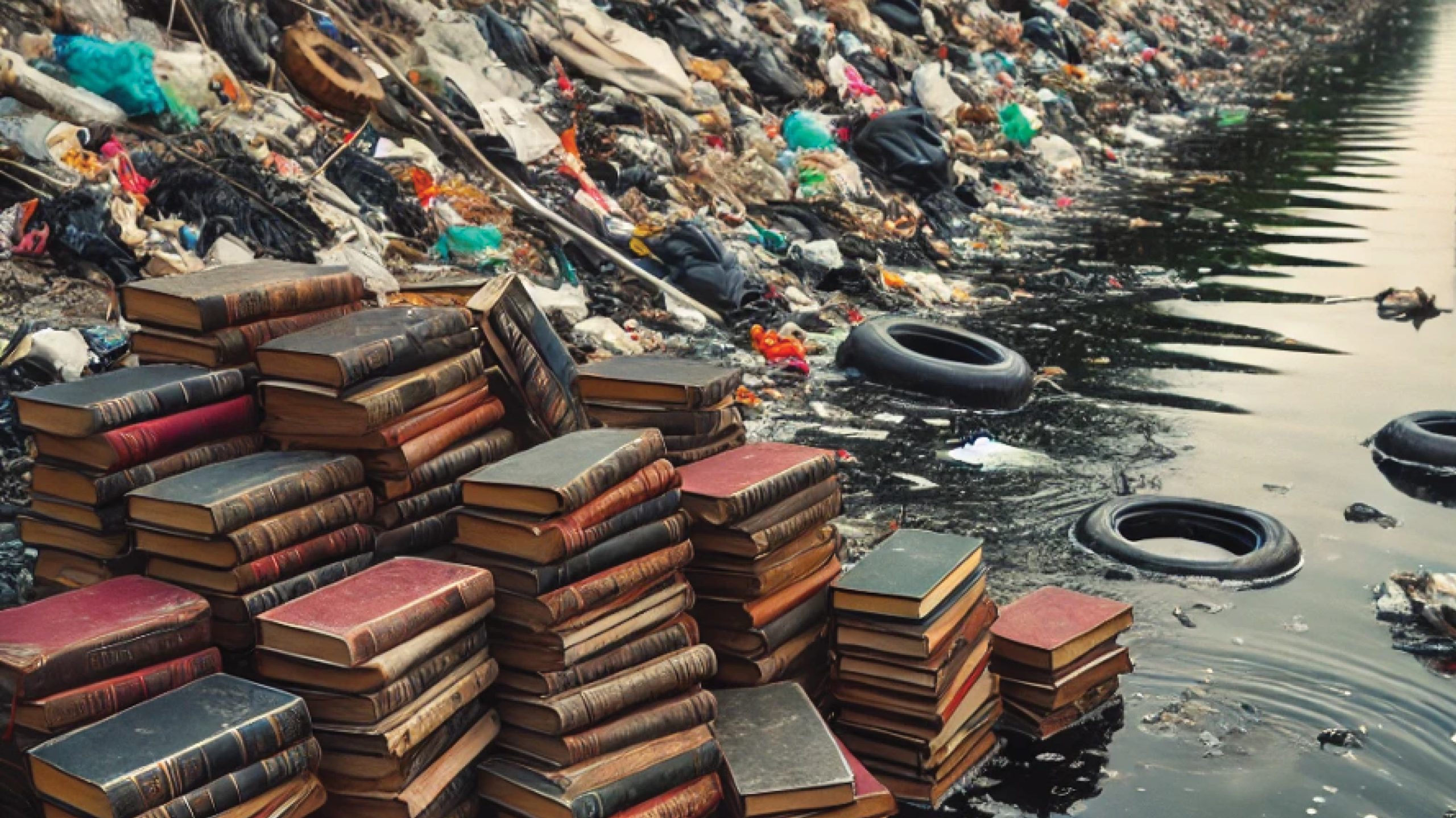Cross-listed with RMST520
Research Intensive Seminar in Romance Studies: Long Books
This course is cross-listed with RMST520, a graduate course taught in English.
Course trailer:
Why are long books long? Beyond its length, what makes a long book different from a short book? How is the experience of reading a long book distinct from that of reading a short book? Should long books be shorter? Should short books be longer? What, if any, characteristics do long books share? Is there a politics of extension? This course sets out to answer these apparently simple questions. Along the way, we will also consider the phenomenology of reading, and ask how we read and why?
Over the course of the semester, we will collectively read one long book: Roberto Bolaño’s The Savage Detectives, which in English translation comes to almost six hundred pages. We will, however, take this reading slowly: this reading will take up almost the entire semester.
At the same time, for the sake of comparison, we also read some shorter texts, also by Bolaño, in different genres: some poetry; a (relatively) short novel or novella; a couple of short stories; and a few articles and speeches. In effect, then, in some ways this will become a course about Bolaño, one of the most important, and certainly the most acclaimed, of writers to come out of Latin America in the past thirty years.
Parallel to this reading of Bolaño, students students will choose a long book of their own, which they will similarly read over the course of the entire semester. It must be originally written in one of the Romance languages (Spanish, French, Italian, Portuguese, etc.), but it can be read either in the original or in translation. Beyond this, the only criterion is that this book should be at least four hundred pages long.
Examples of long books that students might pick include:
Roberto Bolaño, 2666
Miguel de Cervantes, Don Quixote
Julio Cortázar, Hopscotch
Euclides da Cunha, Rebellion in the Backlands
Elena Ferrante, The Neapolitan Quartet (at least two volumes)
Gabriel García Márquez, One Hundred Years of Solitude
Victor Hugo, Les Misérables
Georges Perec, Life a User’s Manual
Marcel Proust, In Search of Lost Time (at least two volumes)
Augusto Roa Bastos, I the Supreme
Italo Svevo, Zeno’s Conscience
…but students are also welcome to make their own suggestions, in consultation with the instructor.
Prerequisites: No prerequisites
Language of instruction: English
Instructor: Jon Beasley-Murray
Students with the necessary language proficiency can also fulfill the RMST495 (in English) requirement by taking SPAN495 (in Spanish) or FREN495 (in French).
Elective course requirements can also be fulfilled by language, literature, and culture classes taught in the target language (French, Italian, Spanish or other approved Romance languages) when students meet the necessary proficiency requirements in that language. Please contact FHIS Student Programs Coordinator (fhis.undergrad@ubc.ca) for further inquiry.



